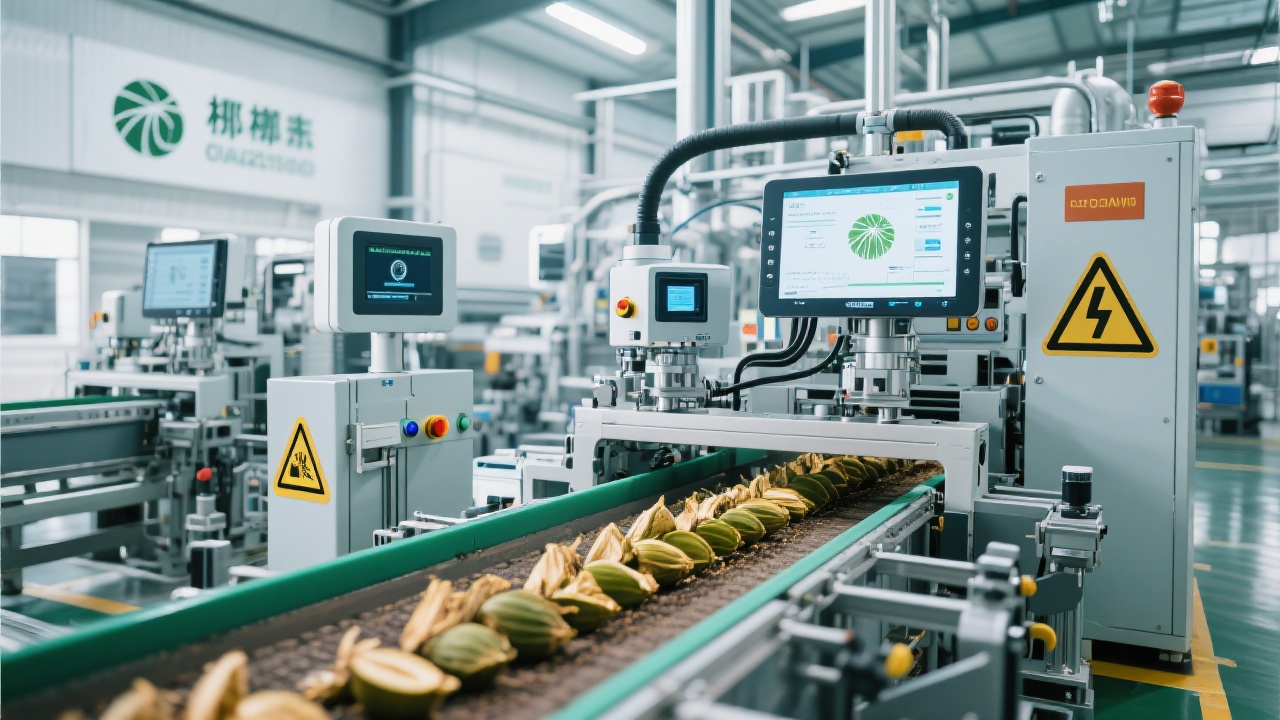
In the global palm oil industry, small- to medium-scale producers are increasingly turning to advanced cold and hot pressing technologies to improve yield, reduce waste, and ensure consistent quality. Based on over 18 years of B2B export experience across mechanical, chemical, and food processing sectors, we’ve analyzed real-world performance data from more than 40 installations worldwide—proving that choosing the right press isn’t just about hardware—it’s about process optimization.
Traditional hot pressing (typically at 70–85°C) increases oil extraction efficiency by softening the kernel structure—but often compromises flavor, color, and nutritional value. In contrast, cold pressing (below 40°C) preserves volatile compounds, resulting in a higher-grade crude oil suitable for premium markets like Europe and North America.
| Parameter | Cold Pressing | Hot Pressing |
|---|---|---|
| Avg. Yield (%) | 21.5–23.2% | 24.0–26.5% |
| Free Fatty Acid (FFA) Level | ≤ 0.5% | 0.8–1.5% |
| Energy Consumption (kWh/kg) | 0.35–0.45 | 0.60–0.75 |
Many manufacturers still use carbon steel or lower-grade stainless materials, leading to corrosion issues after 6–12 months in humid tropical environments. Our cold/hot press machines feature fully 304 stainless steel construction—including screw shafts, frames, and oil channels—which reduces maintenance costs by up to 40% over a 5-year period, as validated by a client in Malaysia who reported zero downtime due to rust-related failures.
We integrate motors from Siemens and PLC systems from Allen Bradley into our modular designs. These components have been tested under extreme conditions—from 45°C ambient temperatures in Nigeria to 85% humidity in Indonesia—and consistently deliver uptime above 98%. One client in Brazil saw a 22% reduction in motor overheating incidents after upgrading from local-brand motors to Siemens units.

From single-unit setups in rural villages to multi-line operations in Southeast Asia, our team offers tailored solutions based on raw material moisture content, throughput goals, and local energy availability. For example, a small producer in Ghana needed a compact cold press capable of handling 200 kg/hr while fitting into a 3m x 2m space—we delivered a custom-built unit within 4 weeks using modular design principles.
All equipment undergoes rigorous QA checks per ISO 9001 standards before shipment. This includes vibration testing, pressure sealing validation, and electrical safety certification—critical for exporting to EU and US markets where non-compliance can lead to customs delays or rejection.
Whether you're looking to upgrade from manual presses or build your first automated system, this technology stack delivers measurable improvements in both economics and sustainability. With rising demand for clean-label oils and stricter environmental regulations globally, investing in modern cold-hot press systems is no longer optional—it’s essential for long-term competitiveness.
Ready to transform your palm oil production?

